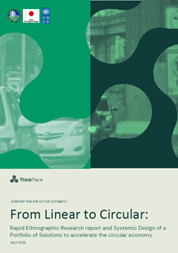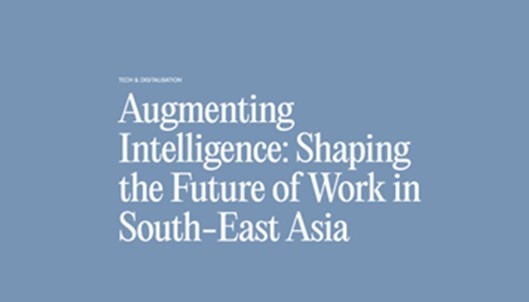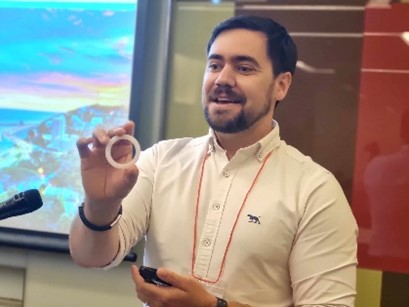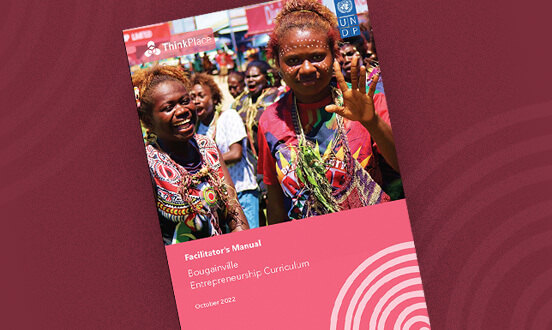AREAS OF IMPACT
Health & Wellbeing
Social & Economic Development
WASH (Water, Sanitation and Hygiene)
STUDIO
The Challenge
Rapid economic growth in the Philippines has led to increased waste generation, particularly marine plastics. Waste management remains one of the country’s most urgent environmental challenges—and a significant contributor to greenhouse gas emissions. Addressing this issue requires more than technical solutions; it demands a systemic approach and a shift to circular economy models, especially at the city level where waste generation and management decisions intersect. UNDP, through the Accelerating Nationally Determined Contribution Through Circular Economy in Cities (ACE) Project, sought to explore how local government units (LGUs) could lead this transition through targeted interventions and systems change.

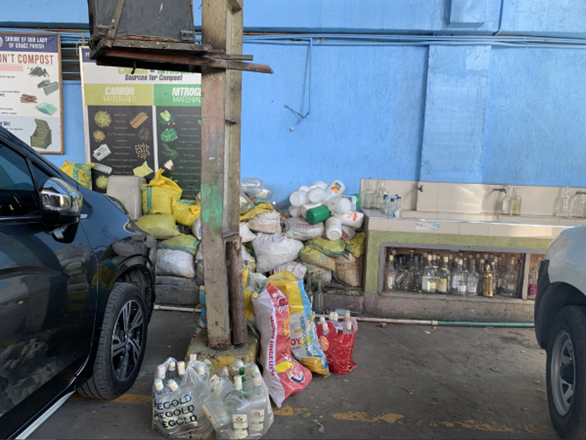
Our Response
ThinkPlace was engaged by UNDP to implement a systemic design approach in four pilot cities: Manila, Caloocan, Cotabato, and Quezon City. The work began with in-depth ethnographic research to explore behavioral drivers of circular economy adoption. We engaged a wide range of ecosystem actors—including consumers, producers, policymakers, waste managers, and circular economy innovators—across diverse urban settings: homes, barangays, malls, sari-sari stores, city halls, and public spaces. The resulting insights were synthesized into ethnographic reports for each city and validated through feedback sessions with local stakeholders.
Building on this foundation, we facilitated a national systemic design workshop to bring together key actors from government, academia, and industry. This created space for dialogue and co-creation around enabling a national shift toward circularity. Ideas emerging from the workshop were further refined through city-level design workshops, ensuring that each intervention was grounded in local realities.
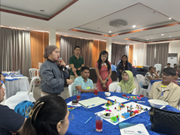
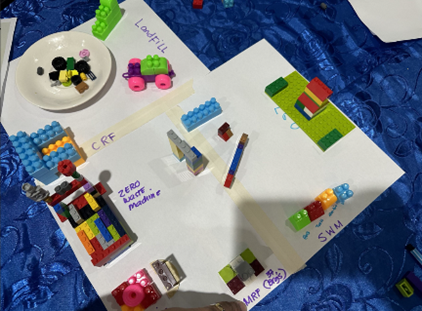
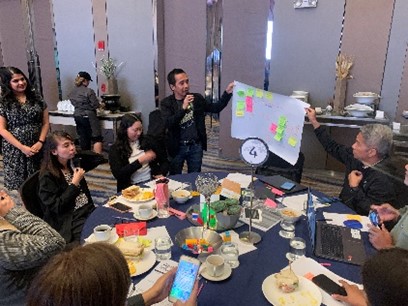
Our Impact
Each city co-developed a tailored portfolio of solutions designed to disrupt traditional linear value chains and advance a just and inclusive transition to circular systems. These portfolios reflected deep community insight and were validated with local stakeholders, strengthening alignment with city priorities and increasing the likelihood of adoption. The project enabled LGUs to identify leverage points for change and build coalitions across sectors, laying the groundwork for long-term, systemic impact.
By embedding systemic design at the heart of circular economy planning, this project demonstrated how cities can lead the transition to more sustainable, resilient, and inclusive futures.
